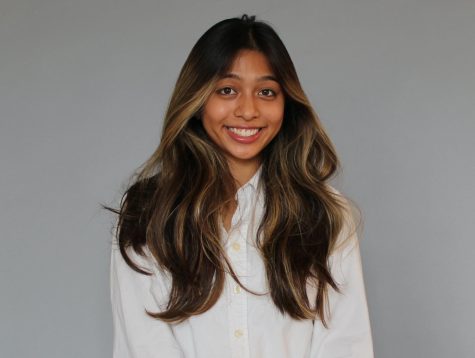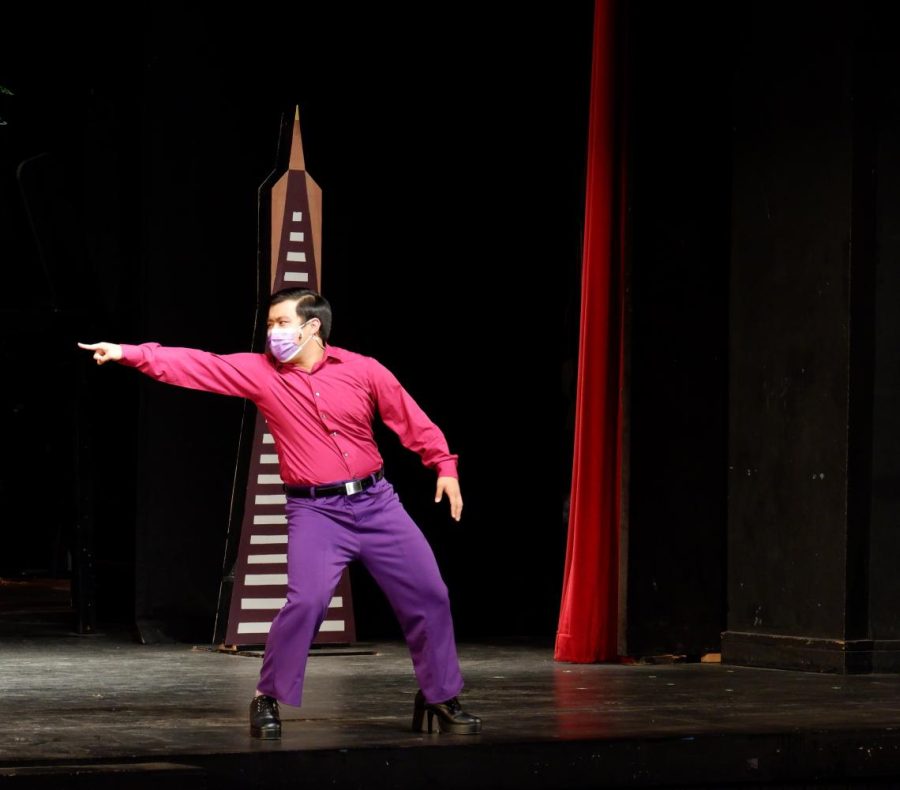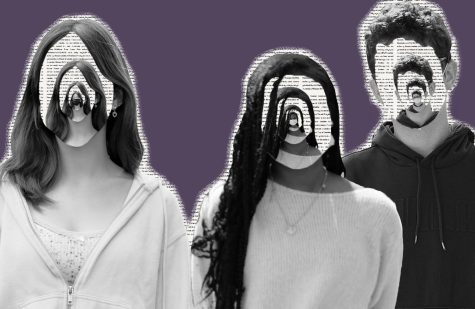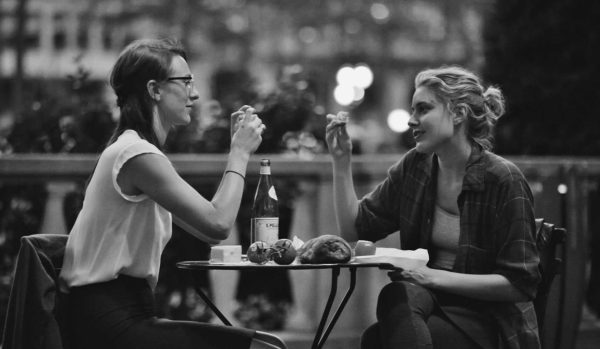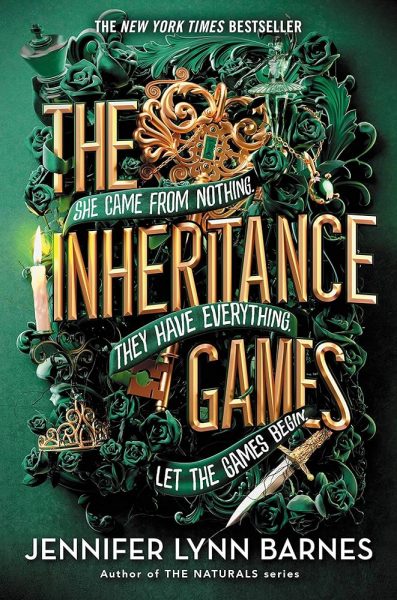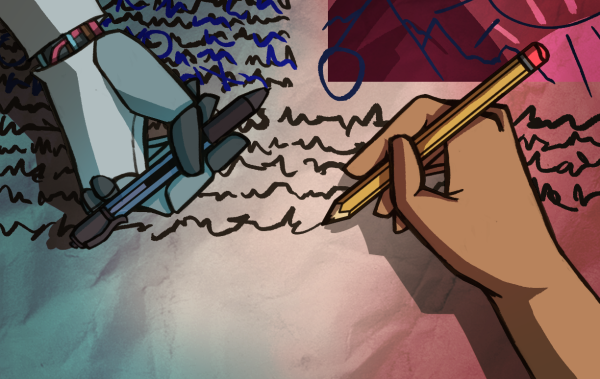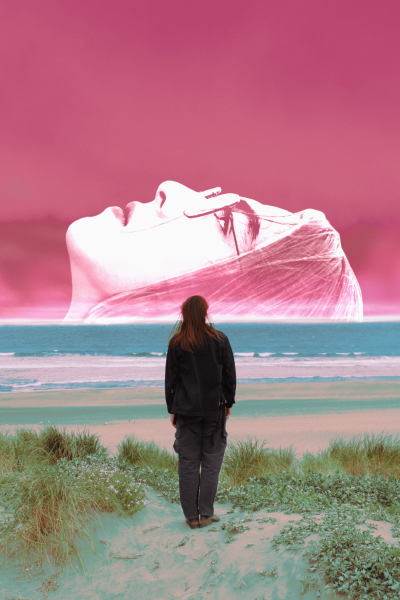Meet the Cast: A Midsummer Night’s Dream
Colin Cabreros dances as Oberon, King of the Fairies, in Lowell’s production of “A Midsummer Night’s Dream”
Senior Colin Cabreros stars as Oberon, King of the Fairies, in Lowell’s production of “A Midsummer Night’s Dream,” which opened Oct. 21, 2021. Colin has been in drama productions since sixth grade, when he starred in “The Lion King,” and has continued acting throughout high school. Colin said that being on stage gives a thrill he enjoys. He also loves the drama community at Lowell.
Tell us about this production of “A Midsummer Night’s Dream.” Has anything been changed in the story?
Not exactly, the only story aspect that we changed was the gender roles, because our cast in general has fewer male players in it. Roles like Lysander have been changed to Lysandra because we have a female role. That’s really it when it comes to that kind of thing. When it comes to how we act, a few lines have been changed because there are ones that are not racially sensitive.
So tell us a little bit about Oberon. What do you do to sort of create that character?
For Oberon, my approach for it was someone who, at the beginning of the play, was very self-centered, very close-minded. Because as Titania says in her first monologue, everything is going wrong in the world, because of the argument that Oberon and Titania are having, and Oberon is very stubborn about wanting to have this changeling child. Throughout the play I kind of go for this sense of character development, where Oberon starts to realize what he’s doing is wrong. He sees that meddling in human affairs is like not good and such.
Is there anything you find challenging about the role?
For Oberon, it’s mainly just being able to convey those types of emotions that I mentioned earlier, because it’s very easy to just play Oberon as this tyrant, who’s just only about himself. But in order to get at the kind of nuance to his character where it’s like, “Oh, what I’m doing is kind of messed up,” especially when it gets to the end where it seems like he didn’t really learn his lesson, you have to spend it on your own perspective. Costume-wise, a lot of people are going to be seeing it, but I’m the only character with platform high heels, which was pretty difficult to learn how to walk in them.
This is the first production with the new Drama teacher, Mr. Sullivan. What’s it been like working with him?
I really do like working with Mr. Sullivan; I like working with all my directors. I always try to find their strong suits. In Sullivan’s case what I really like about him is that he tries really hard to make sure that we understand the material. And I think that really benefits us so that we are able to convey emotions that we wouldn’t be able to convey. He was very, very direct and detailed in making sure that we know what words meant, that we know what we’re talking about. So it’s just not us vomiting words on to the audience.
Do you have to wear face masks on stage?
Yeah, we have to wear them on stage. Facial emotions are, I’d say 50 percent of character acting, because people are always either drawn to physicality, which we have a lot of now, or facial motion. So conveying emotions only through eyes is very difficult to do. We now have to exaggerate more of our body, arm movements. And usually we would get called out for that by directors but now it’s OK.
What do you think the audience will enjoy?
I think the ’70s theme is really fitting, so expect really good music out of it. Expect a very funny show, because we’re lucky enough to do one of Shakespeare’s shows that is actually a comedy, and not anything depressing — especially during the times now, I think people need that.
